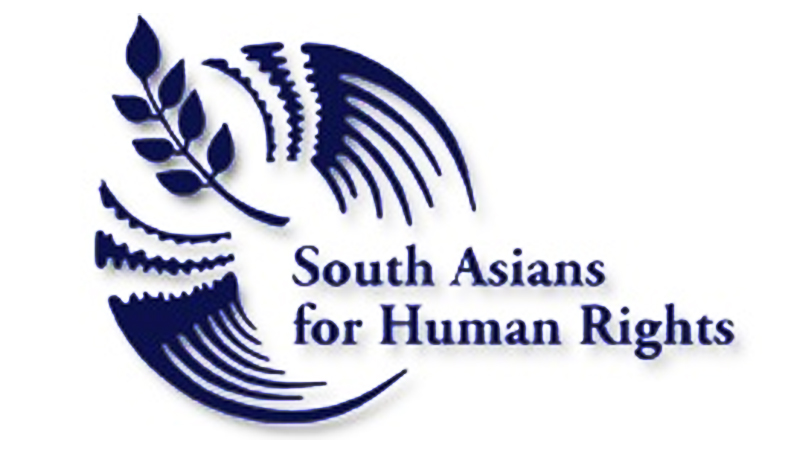New ICJ Report on “Military Injustice in Pakistan”
In January 2015, Pakistan empowered military courts to try civilians for terrorism-related offences as part of its 20-point “National Action Plan”, adopted by the Government following the horrific attack on the Army Public School in Peshawar.
The National Action Plan envisioned military courts to be a short-term “solution” to try “terrorists”, to be operational only for a two-year period during which the Government would bring about necessary “reforms in criminal courts system to strengthen the anti-terrorism institutions”. But even with six months left before the 21st Amendment expires, there is little sign of the promised reforms to the ordinary criminal justice system to enable it to effectively handle terrorism-related cases.
Meanwhile, the newly constituted system of “military justice” has placed Pakistan in clear violation of its legal obligations and political commitments to respect the right to life, the right to a fair trial, and the independence and impartiality of the judiciary.
The International Commission of Jurists (ICJ) has published a Briefing Paper that examines the performance of Pakistan’s military justice system for terrorism-related offences since the 21st Amendment was passed 18 months ago. Among other things, the ICJ highlights the widespread violations of the right to a fair trial in the operation of military courts..
The Briefing Paper and accompanying press statement can be accessed here: http://www.icj.org/pakistan-military-justice-system-unjust-and-ineffective-new-icj-paper/
About the ICJ
The International Commission of Jurists (ICJ) is a network composed of 60 judges and lawyers from all regions of the world dedicated to the promotion and protection of human rights through the rule of law. Using its unique legal expertise, the ICJ develops and strengthens national and international justice systems. Established in 1952 and active on five continents, the ICJ aims to ensure the progressive development and effective implementation of international human rights and international humanitarian law; secure the realization of civil, cultural, economic, political and social rights; safeguard the separation of powers; and guarantee the independence of the judiciary and legal profession.
Category: Media Monitoring






